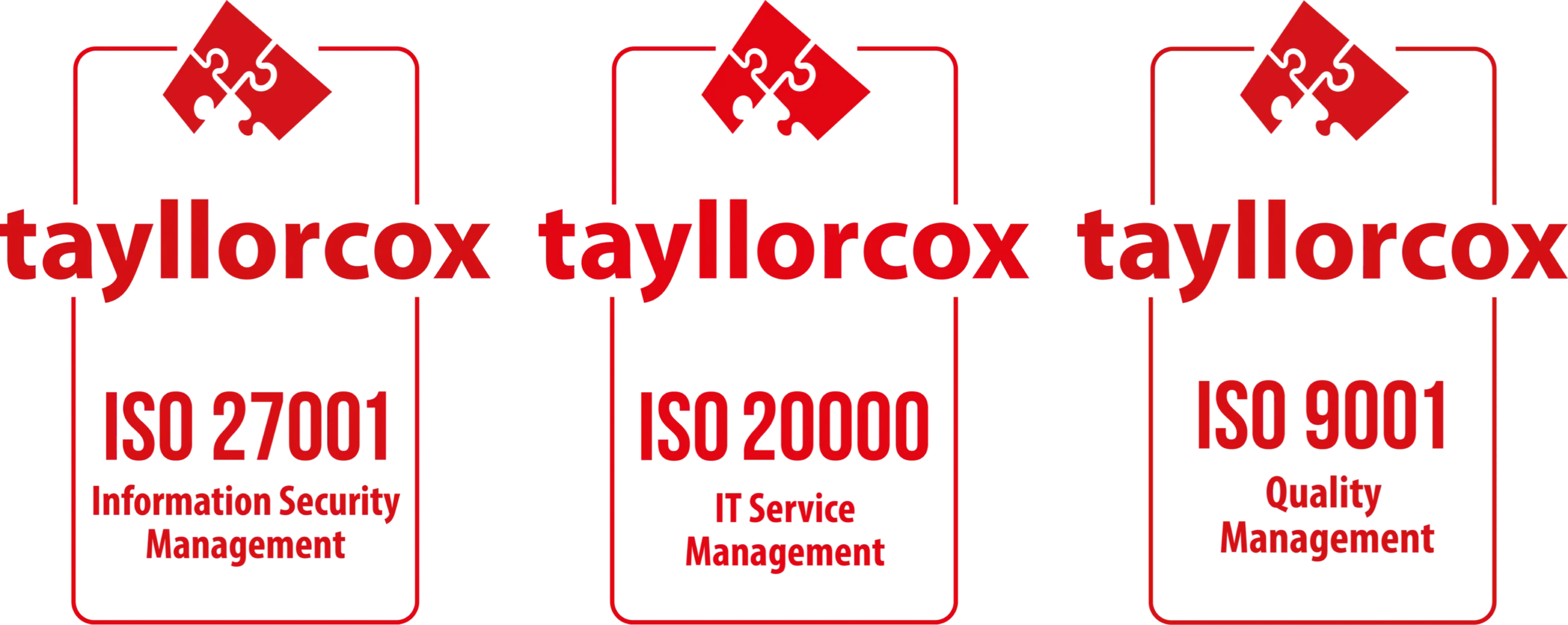Prometheus Service Overview
What is Prometheus? Prometheus is an open-source systems monitoring and alerting toolkit originally built at SoundCloud. Since its inception in 2012, many companies and organizations have adopted Prometheus, and the project has a very active developer and user community. It is now a standalone open source project and maintained independently of any company. To emphasize this, and to […]
Supported OS Images
Guest Guest Bitness Host Version Host CPU Host Bitness Status Ubuntu (LTS) 64-bit Ubuntu 22.04 Intel/AMD 64-bit Supported Ubuntu (LTS) 64-bit Ubuntu 20.04 Intel/AMD 64-bit Supported Ubuntu (LTS) 64-bit Ubuntu 18.04 Intel/AMD 64-bit Supported Debian 64-bit Debian 11 Intel/AMD 64-bit Supported Debian 64-bit Debian 10 Intel/AMD 64-bit Supported Debian 64-bit Debian 9 Intel/AMD 64-bit Supported […]
Add a New OS Bundle to Taikun OCP Baremetal
Adding an OS Bundle OS Bundles are collections of operating system installation files, checksums, kickstart/preseed/cloud-init files, and metadata that allow Taikun OCP Baremetal to provision servers with a specific operation system. This tutorial walks through how to add a new operating system into Taikun OCP Baremetal so it can be used to provision servers within […]
Create and Manage Node Pools in Taikun OCP Baremetal
Pool Management To work with Pools in Taikun OCP Baremetal, a few facts need to be understood: By default, Taikun OCP Baremetal come with a Default Pool and a Default group. Users that are members of the Default group have access to all Nodes in the Default Pool. On small Taikun OCP Baremetal installs with only a single active user, the Default Group and the Default Pool can be used for […]
Installing Taikun OCP Baremetal
System Requirements Taikun OCP Baremetal is best installed on a fresh operating system. Debian (Ubuntu, Mint, etc.) and Fedora (RedHat, CentOS, Alma, Rocky, etc) distros have been tested. Taikun OCP Baremetal can also be installed on top of Kubernetes in TaikunCloudWorks. Other operating systems are supported but they have not yet been tested. If you […]
Taikun OCP Baremetal Overview
Taikun OCP is based on OpenStack (certified etc.) and Taikun OCP BareMetal Addon is based on Mojo. Taikun.cloud is developing Taikun OCP Baremetal. Taikun OCP Mojo uses our own code, open source code and Metify Mojo code as OEM.Code is built from our repositories, and we release and supply the final product. What is Taikun […]
Middleware Audit
The Keystone middleware library provides an optional WSGI middleware filter which allows the ability to audit API requests for each component of OpenStack. The audit middleware filter utilises environment variables to build the CADF event. The figure above shows the middleware in Nova’s pipeline. Enabling audit middleware To enable auditing, oslo.messaging should be installed. If not, the […]
Hypervisors
Kernel Virtual Machine KVM (for Kernel-based Virtual Machine) is a full virtualization solution for Linux on x86 hardware containing virtualization extensions (Intel VT or AMD-V). It consists of a loadable kernel module, kvm.ko, that provides the core virtualization infrastructure and a processor specific module, kvm-intel.ko or kvm-amd.ko. Using KVM, one can run multiple virtual machines […]
Automatic Migration of VMs Upon Failure of Host
Taikun Open Cloud Platform includes an Automatic Migration feature, designed to safeguard your Virtual Machines (VMs) in the event of a host failure. This article provides insights into how this feature, seamlessly integrated into our customized Taikun OCP deployment, guarantees business continuity and minimizes downtime. Key Features: How It Works:
Block Devices
You can attach Ceph Block Device images to OpenStack instances through libvirt, which configures the QEMU interface to librbd. Ceph stripes block volumes across multiple OSDs within the cluster, which means that large volumes can realize better performance than local drives on a standalone server! To use Ceph Block Devices with OpenStack, you must install QEMU, libvirt, and […]




